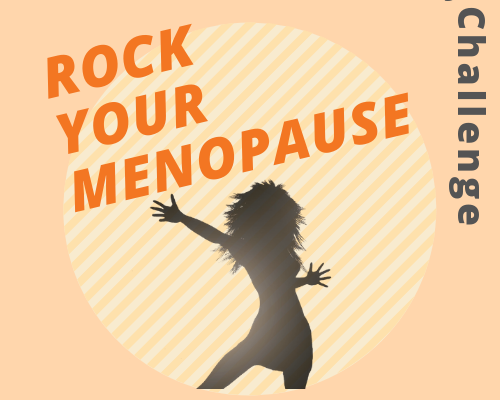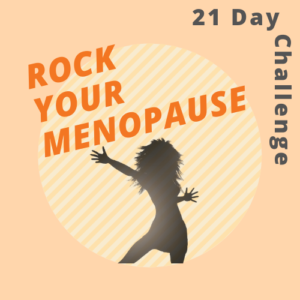Breast cancer awareness means different things to different people.
But let’s get real. Breast cancer, like all cancers are better prevented than cured. I think we can all agree we would rather NOT get cancer during our life time. But the reality is, many don’t feel we have a say in the ‘Dis-Ease’ process.
We get handed illness – we don’t choose illness.
Can we hand ourselves HEALTH? I believe we can!
Prevention is the cure! Every day, we can give ourselves health. In the foods we eat, the thoughts we focus on and the life we create.
So, how Preventable is Breast Cancer?





 I’m happy to report that a new menopause treatment will most likely not be approved by the FDA. A panel of advisers to the Food and Drug Administration overwhelmingly voted against a Depomed drug called Gabapentin to treat hot flashes and other symptoms of menopause. Apparently, the benefits were heavily outweighed by the risks involved with this would be prescription menopause treatment.
I’m happy to report that a new menopause treatment will most likely not be approved by the FDA. A panel of advisers to the Food and Drug Administration overwhelmingly voted against a Depomed drug called Gabapentin to treat hot flashes and other symptoms of menopause. Apparently, the benefits were heavily outweighed by the risks involved with this would be prescription menopause treatment.